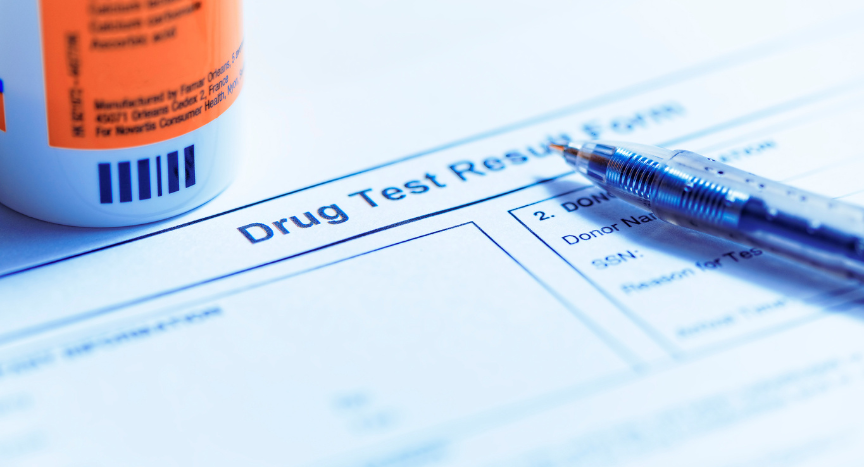The U.S. Department of Transportation (DOT) has proposed a temporary amendment to its drug-testing regulation. This change focuses on situations where oral fluid drug testing is required under current rules but has not yet become available.
This proposal stems from the drug testing procedures rule that went into effect on June 1, 2023. The update was introduced to address compliance challenges tied to the implementation of oral fluid testing.
The DOT explained that its goal is to resolve “unforeseen circumstances rendering it impossible to comply with requirements” outlined in its previously finalized rule allowing oral fluid drug tests. Last month, the department had already issued an amended rule addressing other complications identified in the 2023 guidelines.
Background on the Drug-Testing Rule
By regulation, some drug testing scenarios mandate a directly observed collection. These include instances in which the original sample was invalid without medical justification or during “return-to-duty” testing.
The 2023 final rule specified that oral fluid tests should be used in certain situations where directly observed collections were necessary. However, oral fluid testing has faced delays due to the U.S. Department of Health and Human Services (HHS) not certifying sufficient facilities to perform these tests. According to protocol, no oral fluid drug tests can take place until HHS approves at least two laboratories—one primary lab and one for split specimen analysis.
Temporary Solution Proposed by the DOT
Given the unavailability of oral fluid testing, the DOT has outlined a temporary measure requiring directly observed urine collections for scenarios where oral testing is mandated.
“We intend this provision to require directly observed urine tests in situations where an oral fluid collection is required, but is not yet available,” the DOT clarified. The department emphasized that this amendment is meant to be “a temporary, short-term solution because there are currently no certified oral fluid laboratories.”
Sunset Clause for the Interim Rule
The DOT’s proposal includes a sunset clause. The temporary provision will expire one year after HHS announces in the Federal Register that it has certified the second oral fluid drug testing lab. The DOT will release its own Federal Register notice with the specific certification date once HHS confirms the lab meets requirements.
Conditions for Oral Fluid Testing During the Interim Period
During the interim period, if an oral fluid collection becomes feasible—such as when at least two labs have received certification, and both qualified collectors and conforming collection devices are available at a site—oral fluid testing must be conducted instead of urine collection.
Public Comment Period
The Federal Motor Carrier Safety Administration (FMCSA) is actively seeking public comments on the proposed rule. Feedback will be accepted until January 8, 2025. Stakeholders are encouraged to provide input during this period.
For more information or to submit a comment, visit the FMCSA’s website.
Source: Commercial Carrier Journal











